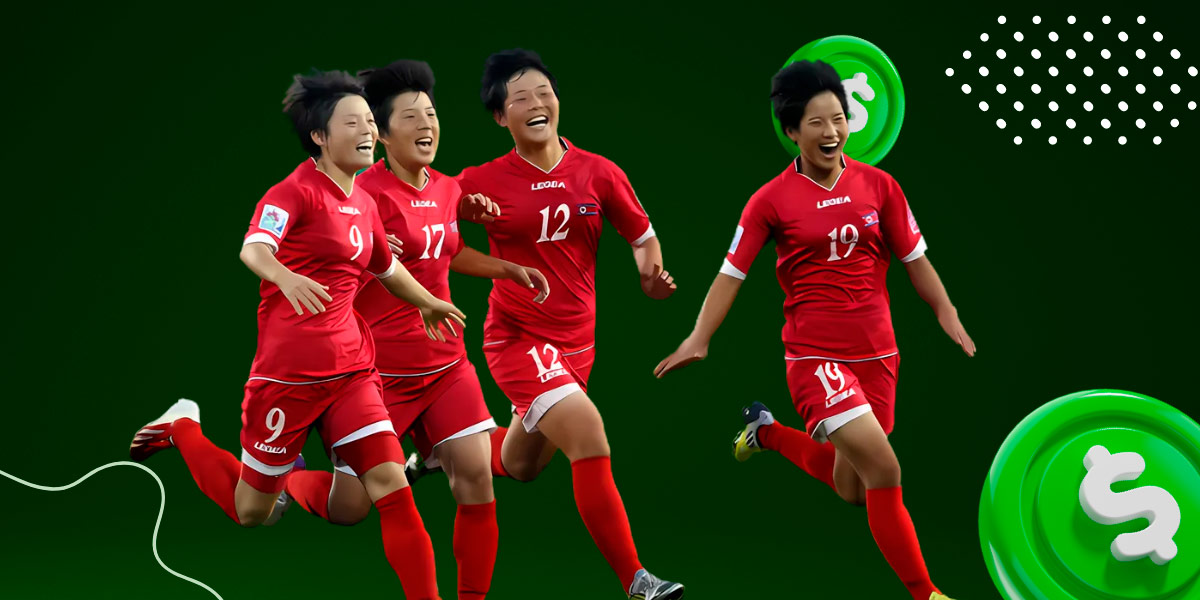The story of North Korea’s women’s football team is a testament to the power of determination and the impact of state-driven initiatives on the global sports stage. Despite being one of the most isolated and secretive countries in the world, North Korea has managed to create one of the strongest women’s football teams, defying all odds and surprising even the most formidable opponents.
A striking example of North Korea’s prowess came during the opening match of the 2007 Women’s World Cup. The United States, the world’s number one team and two-time champions, were expected to dominate. However, the match ended in a 2-2 draw, with Heather O’Reilly scoring a crucial late goal to rescue the United States from a shock defeat. While the American team and its fans breathed a sigh of relief, the reaction of the North Korean players was telling. Instead of celebrating a well-earned draw against the world’s best team, the North Korean players appeared disappointed, almost as if they had let a victory slip away. This reaction was a clear indication of the high standards and expectations within the North Korean team.
At the time, North Korea was ranked fifth in the world, a remarkable feat for a country that faces severe economic and social challenges. Living standards in North Korea are far behind most nations, with widespread poverty, food shortages, and limited access to healthcare. Yet, despite these hardships, North Korea has consistently been a formidable force in women’s football. The country has won three Asian titles in the span of a decade and has an even more impressive record at the youth level, winning both the U-20 and U-17 Women’s World Cups in 2016.
What is the secret behind North Korea’s success in women’s football? The answer lies in the country’s unique political system, where sports, particularly women’s football, have been used as a tool for national pride and international recognition. Austrian filmmaker Brigitte Weich, who spent five years documenting the North Korean women’s team for her 2009 film Hana, dul, sed., offers insight into this phenomenon. According to Weich, the players often credited their success to the direct support of Kim Jong-il, the father of current leader Kim Jong-un. In North Korea, nothing happens without the approval of the Supreme Leader, and sports are no exception. The state’s hierarchical and totalitarian nature allows it to focus resources and attention on areas where it can excel on the global stage, and women’s football became one such area.
The origins of North Korea’s focus on women’s football are somewhat speculative but intriguing. According to one theory, it all began at the 1986 FIFA Congress in Mexico, where Norwegian delegate Ellen Wille delivered a passionate speech demanding greater recognition for women’s football. Shocked by the speech, FIFA agreed to establish a Women’s World Cup, and it is believed that the North Korean delegates in attendance returned home with a plan to capitalize on this new opportunity. In a country where North Korea lags behind in many areas, women’s football was seen as a chance to demonstrate the nation’s strength and superiority.
Read about javelin news in the next article.

